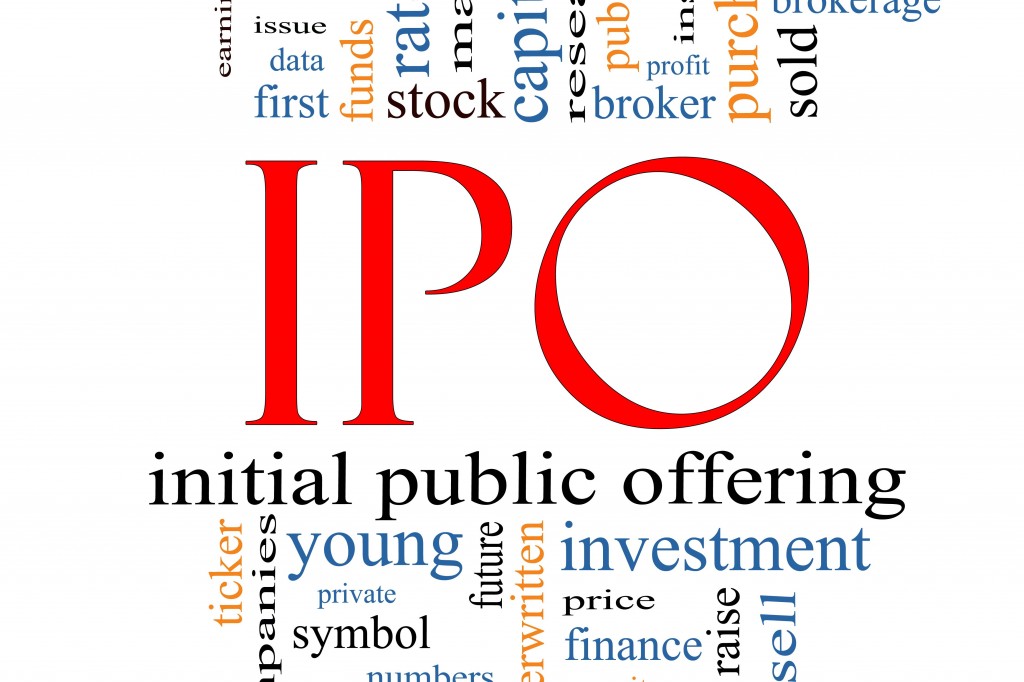IPO or Private Ownership: The Big Debate in Business

The big debate for any start-up business begins at a very early stage. Should I take funding support or should I Bootstrap? Bootstrapping refers to financing the business from your own resources and also from the funds generated by the company. When businesses are not too hungry for capital, they can afford to bootstrap. It is only in businesses like biotechnology, ecommerce and genomics where there is large upfront investments required that bootstrapping does not really work. Once the business achieves a certain scale and penetration, the next question is whether the company needs to stay private or whether it needs to go public.
Private ownership has two counter arguments. You can either sell a stake to a VC / PE fund or you can come out with an IPO. Either ways, you lose private ownership. A classic case of private ownership is the way Godrej group managed for a very long time, or the Shapoorji Pallonji group still manages. Similarly TCS stayed private for almost 40 years before Tata Sons finally opted to sell a stake to the public. If you own a successful private company and you want to grow, you might be thinking about going public. It can be a great way to raise money, increase your company’s profile but it comes with a certain cost in terms of compliance and loss of control. Let us look at the pros and cons of an IPO versus private ownership.
What are the pros and cons of an Initial Public Offering (IPO)?
Pros and cons of staying private
In a nutshell, once you are able to scale and get economies of scale, an IPO does add a lot of value. Greater transparency and governance standards only help you in the long run!
Visit this website for more information on IPO.
